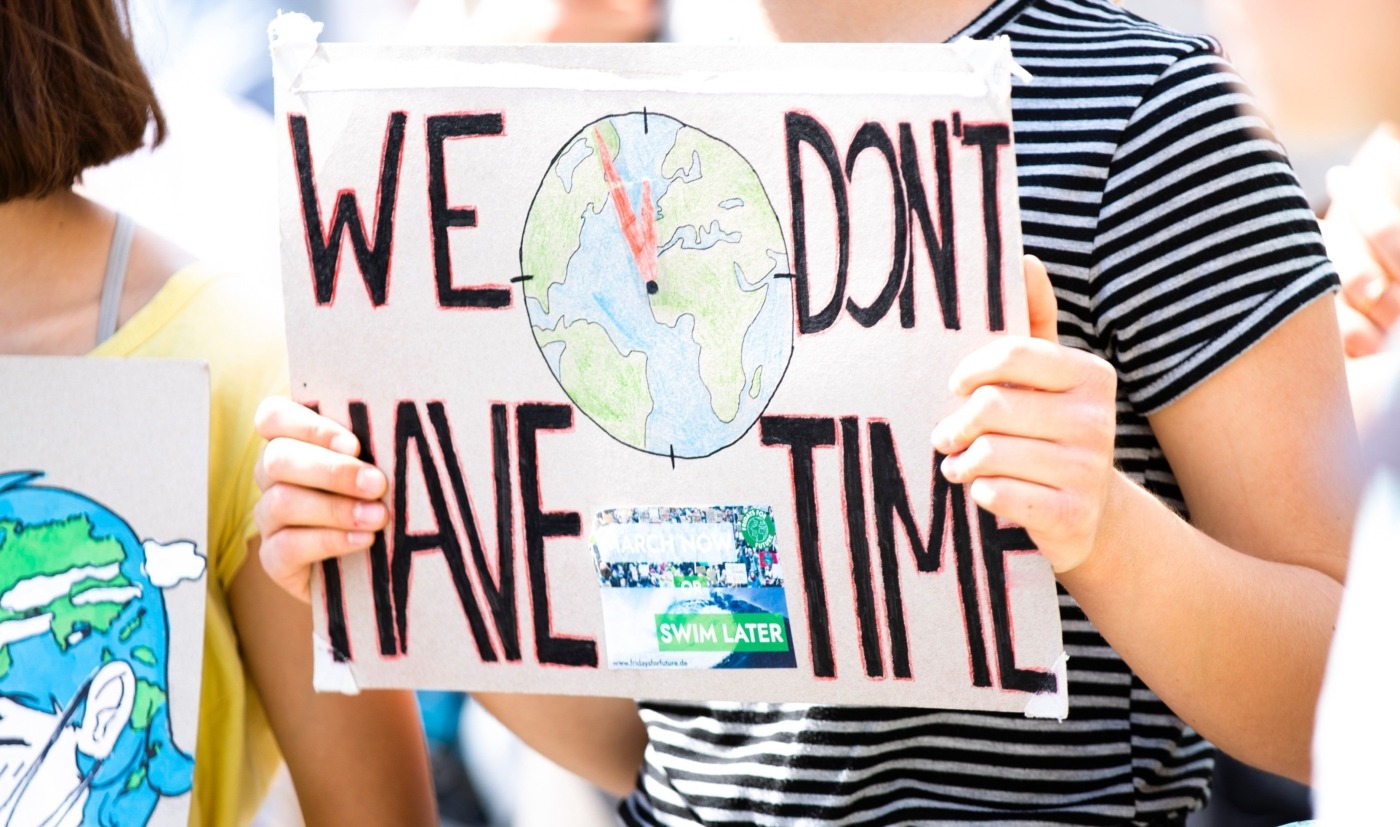Lifestyle tips to fight climate change
You might care about the environment, but are you doing everything you can to fight climate change? Perhaps you take your reusable coffee cup to cafés on campus to get 10% off your morning coffee. You fill up your reusable water bottle every morning, and you never forget your tote bags for your weekly food shop. A reduced plastic consumption, as we all know, is a great place to start in helping to fight climate change. But what more can we students do to reduce our carbon footprint and help prevent temperatures reaching that dreaded 2°C increase?
Diet
The meat and dairy industries are two of the biggest contributors to climate change, using the vast majority – 83% – of our farmland. Not only that, but they are also huge polluters of both air and water and account for 58% of greenhouse gas emissions. Steps as small as switching to oat milk in your tea or as large as adopting a plant-based diet are all beneficial in decreasing our carbon emissions.
Washing
Washing clothes is never a fun task, and nor is it particularly eco-friendly. However, ensuring you have a full load before you start, washing on a lower temperature and avoiding the tumble dryer where possible are easy solutions to reducing your carbon footprint. In addition, using a laundry detergent such as Ecover, whose bottles are not only made from recycled plastics but are also refillable at multiple stations across the country, further decreases your impact on the planet.
Slow fashion
Currently, 80 billion pieces of clothing are consumed globally every year, with the majority of these being worn only a handful of times before ending up in landfill or being sent to the charity shop, of which only 10% makes the shop floor. Our current consumption patterns are not sustainable, and thus one of the best things we can do for the planet is to boycott fast fashion. Only buy what you truly need, and look for second hand options first on Depop, eBay and in charity shops.
Supermarket
Whilst you may be conscious of your own plastic consumption, supermarkets are still keen to smother everything in it. Where possible, opt for the loose bananas over the pre-packaged ones, or the jar of honey over the squeezy bottle. If you’re super keen to make the transition to zero-waste, Tesco or Aldi probably won’t suffice. Try the monthly zero-waste pop-up store in Leamington-Spa, where so long as you bring your own containers, you can acquire oats, pasta, toothbrushes and deodorants all free of plastic.
Food Waste
You may not think food waste plays much of a part in climate change, yet roughly 1/3 of all food produced is thrown away. As a result, all of the time, energy and packaging which went into the production and transportation of that food is wasted too. Ensure to only buy what you need, prioritising that which will go off first and freezing what you cannot eat in time. Two great Apps for reducing food waste are OLIO, which enables you to share and discover free surplus food from neighbours, and Too Good To Go, which restaurants and cafés use to sell left over dishes at a heavily discounted price.
Act
Simple lifestyle changes such as these are undoubtedly beneficial in the fight against climate catastrophe, but we as individuals can only do so much. We need to put pressure on governments and businesses alike to make more drastic reductions to their carbon emissions. Emailing your local MP with your concerns is a great place to start, and many websites offer templates for doing so. Sign petitions, attend protests and vote wisely. Make your voice heard.

Comments (1)